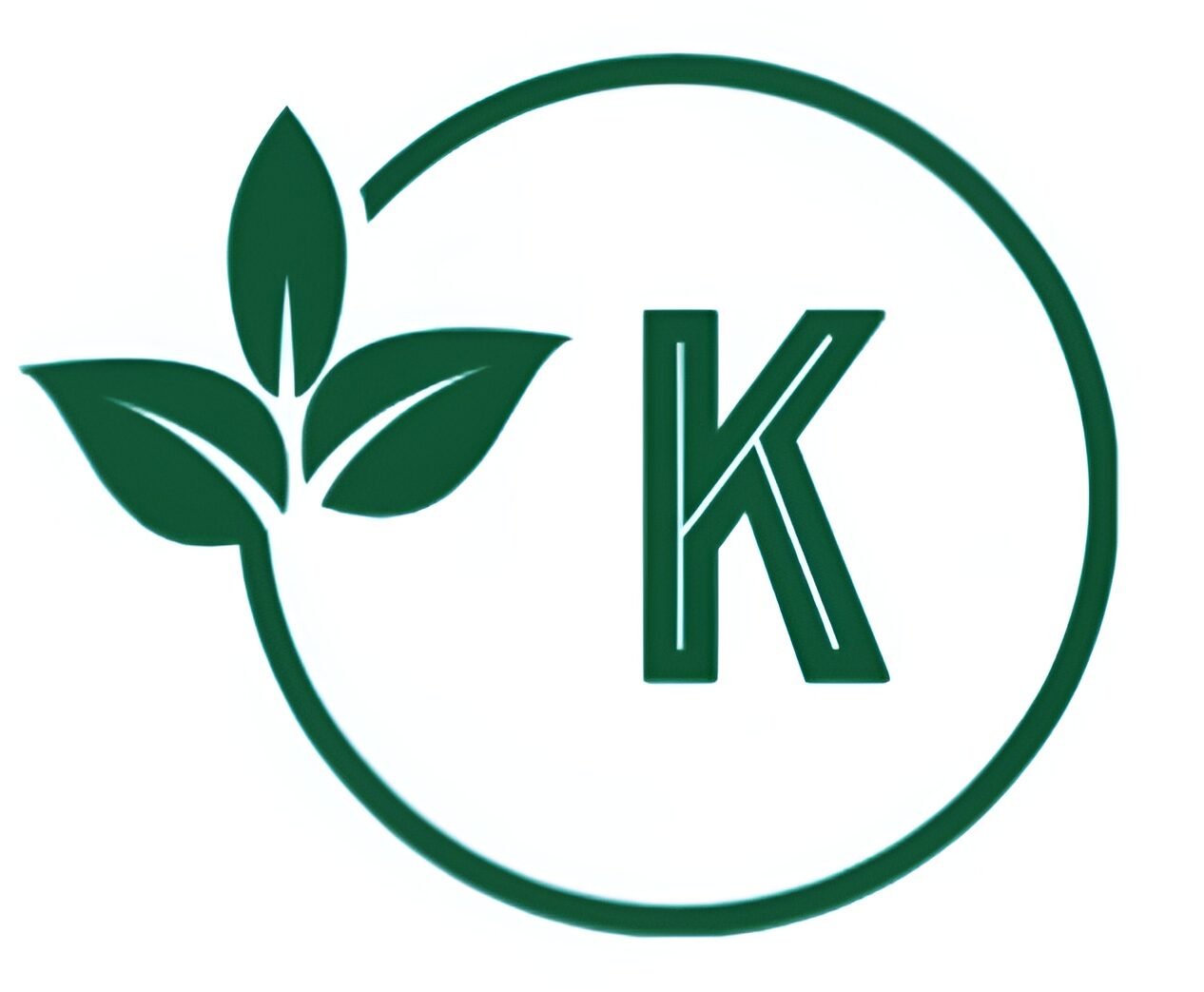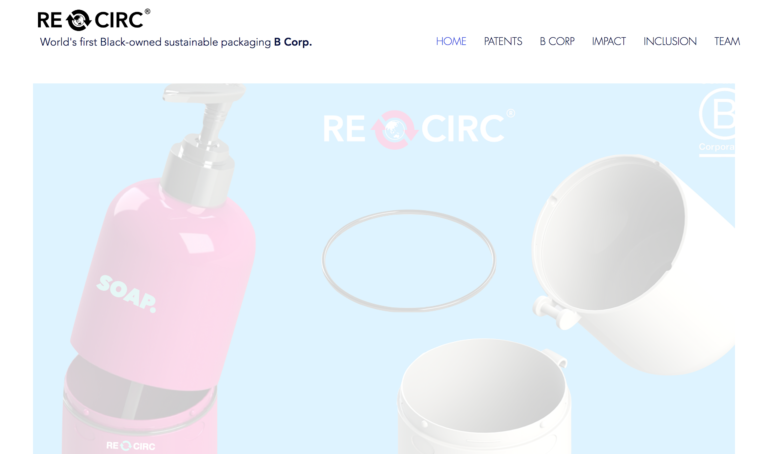A decentralized way to treat organic waste and turn it into compost.
Acea has started a new distributed composting project called Acea Smart Comp to deal with organic waste. This is in line with the ambitious goals set by the European Commission for the recovery of materials during the process of closing the loop in the waste cycle. Acea Smart Comps are local composting plants that use new sensor technology to turn organic waste into compost right there on the spot. This is done through an aerobic process that makes ready-to-use fertilizer. This project creates a new approach that is based on being close to the place where waste is made and where it is processed. Distributed composting is for big customers like shopping malls, cafeterias, airports, and train stations that have a lot of organic waste to deal with. The first Acea Smart Comp was put in the cafeteria, which will no longer have to deal with organic waste.
Positive facts about Acea Smart Comp
One Acea Smart Comp machine provides the capacity to handle 40 to 300 tons of organic waste at the location where it is produced
During the three phases of the composting process, the weight of the organic material is reduced by up to 80%
Per ton of dry waste, up to 500 kg of CO2 can be saved by decentralizing the treatment and not transporting waste by truck
Organic compost replaces carbon-intensive peat as fertilizer
Customers can save a significant portion of treatment costs for their organic waste compared to traditional waste collection
Customers benefit from Aceas service model, providing Smart Comp machines without any initial investment costs (no CAPEX)]
Video about Acea Smart Comp
https://www.youtube.com/embed/HmQcxz6Y_c4
Acea Smart Comp website : https://gruppo.acea.it/al-servizio-delle-persone/ambiente/economia-circolare/acea-smart-comp


